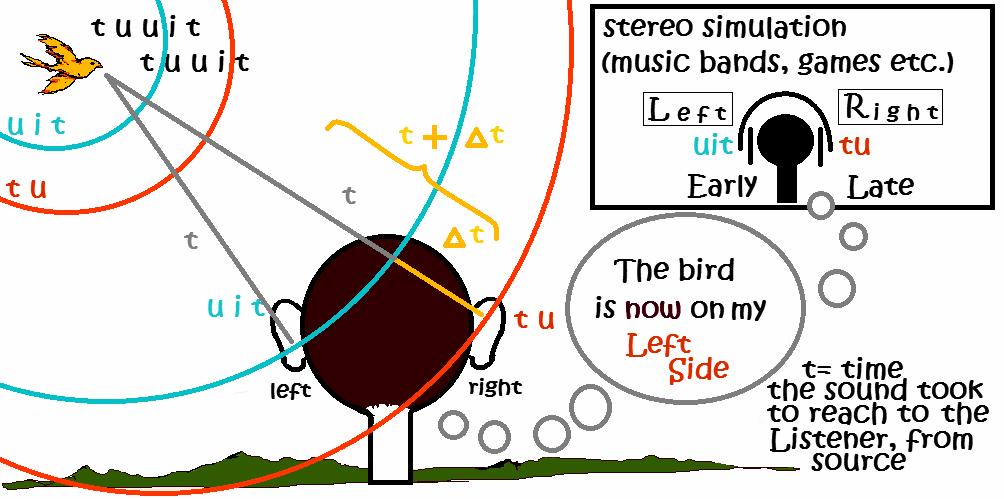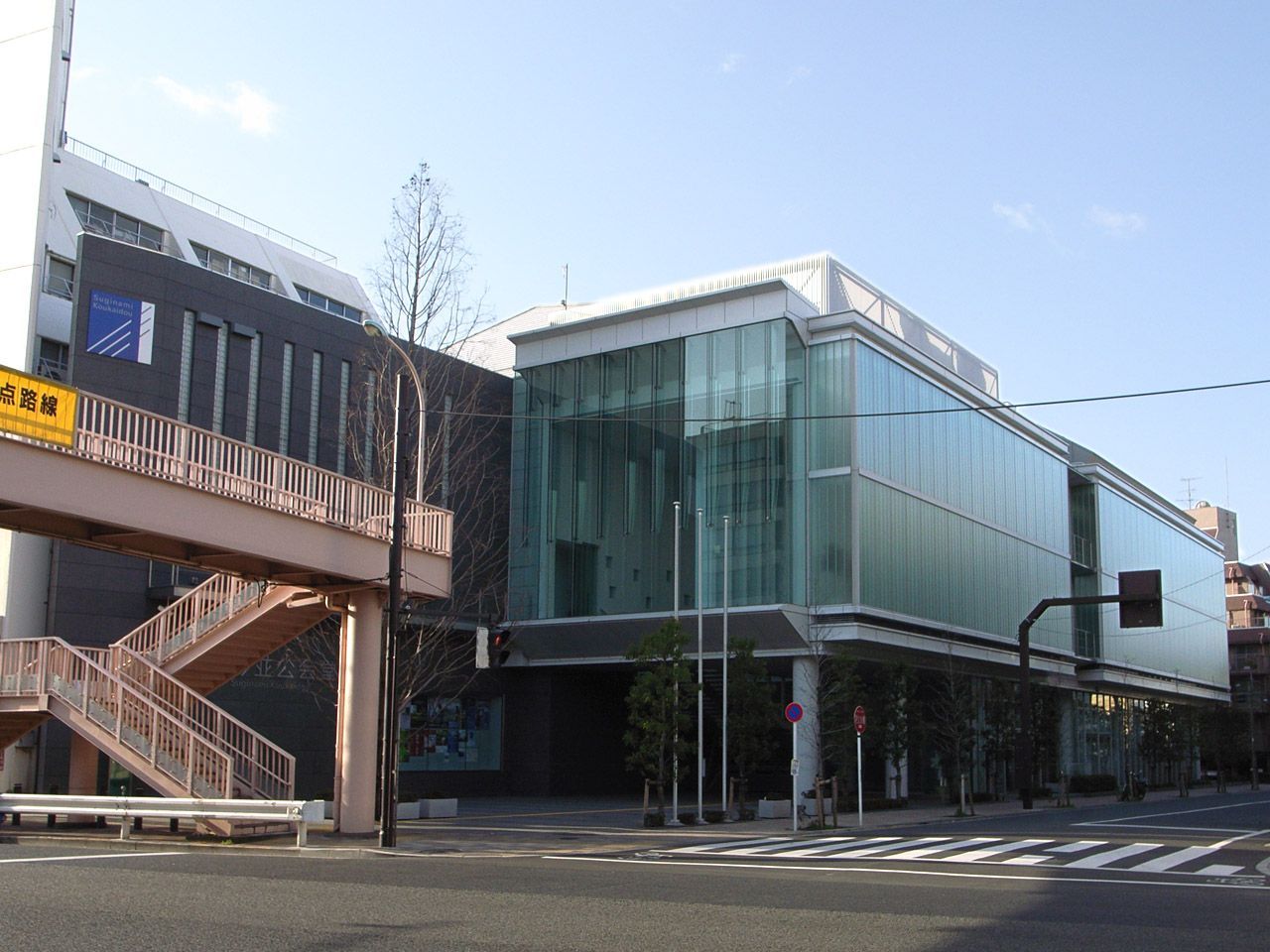|
Akeo Watanabe
was a Japanese symphonic conductor, known for his recordings of the works of Jean Sibelius. Watanabe was born in 1919 to a Japanese father and Finnish mother. He studied violin and conducted at the Tokyo Music School and the Juilliard School of Music in New York City, USA. His conducting premiere was with the Tokyo Symphony Orchestra in 1945. He was music director of the Tokyo Philharmonic Orchestra from 1948 to 1954 . In 1956, Watanabe founded the Japan Philharmonic Orchestra and continued as its resident conductor until 1968. In 1970, he became music director of the Kyoto Symphony Orchestra, and remained so until 1972. From 1972 to 1978, he was the music director of the Tokyo Metropolitan Symphony Orchestra. In 1978, he once again became resident conductor of the newly reformed Japan Philharmonic Orchestra, with whom he stayed until 1983. In 1988, he became the music director of the Hiroshima Symphony Orchestra, and remained there until 1990. He was also a professor of conduct ... [...More Info...] [...Related Items...] OR: [Wikipedia] [Google] [Baidu] |
Tokyo
Tokyo (; ja, 東京, , ), officially the Tokyo Metropolis ( ja, 東京都, label=none, ), is the capital and largest city of Japan. Formerly known as Edo, its metropolitan area () is the most populous in the world, with an estimated 37.468 million residents ; the city proper has a population of 13.99 million people. Located at the head of Tokyo Bay, the prefecture forms part of the Kantō region on the central coast of Honshu, Japan's largest island. Tokyo serves as Japan's economic center and is the seat of both the Japanese government and the Emperor of Japan. Originally a fishing village named Edo, the city became politically prominent in 1603, when it became the seat of the Tokugawa shogunate. By the mid-18th century, Edo was one of the most populous cities in the world with a population of over one million people. Following the Meiji Restoration of 1868, the imperial capital in Kyoto was moved to Edo, which was renamed "Tokyo" (). Tokyo was devastate ... [...More Info...] [...Related Items...] OR: [Wikipedia] [Google] [Baidu] |
Stereophonic
Stereophonic sound, or more commonly stereo, is a method of sound reproduction that recreates a multi-directional, 3-dimensional audible perspective. This is usually achieved by using two independent audio channels through a configuration of two loudspeakers (or stereo headphones) in such a way as to create the impression of sound heard from various directions, as in natural hearing. Because the multi-dimensional perspective is the crucial aspect, the term ''stereophonic'' also applies to systems with more than two channels or speakers such as quadraphonic and surround sound. Binaural sound systems are also ''stereophonic''. Stereo sound has been in common use since the 1970s in entertainment media such as broadcast radio, recorded music, television, video cameras, cinema, computer audio, and internet. Etymology The word ''stereophonic'' derives from the Greek (''stereós'', "firm, solid") + (''phōnḗ'', "sound, tone, voice") and it was coined in 1927 by Western El ... [...More Info...] [...Related Items...] OR: [Wikipedia] [Google] [Baidu] |
Japanese Conductors (music)
Japanese may refer to: * Something from or related to Japan, an island country in East Asia * Japanese language, spoken mainly in Japan * Japanese people, the ethnic group that identifies with Japan through ancestry or culture ** Japanese diaspora, Japanese emigrants and their descendants around the world * Japanese citizens, nationals of Japan under Japanese nationality law ** Foreign-born Japanese, naturalized citizens of Japan * Japanese writing system, consisting of kanji and kana * Japanese cuisine, the food and food culture of Japan See also * List of Japanese people * * Japonica (other) * Japonicum * Japonicus * Japanese studies Japanese studies (Japanese: ) or Japan studies (sometimes Japanology in Europe), is a sub-field of area studies or East Asian studies involved in social sciences and humanities research on Japan. It incorporates fields such as the study of Japanese ... {{disambiguation Language and nationality disambiguation pages ... [...More Info...] [...Related Items...] OR: [Wikipedia] [Google] [Baidu] |
Japanese Classical Musicians
Japanese may refer to: * Something from or related to Japan, an island country in East Asia * Japanese language, spoken mainly in Japan * Japanese people, the ethnic group that identifies with Japan through ancestry or culture ** Japanese diaspora, Japanese emigrants and their descendants around the world * Japanese citizens, nationals of Japan under Japanese nationality law ** Foreign-born Japanese, naturalized citizens of Japan * Japanese writing system, consisting of kanji and kana * Japanese cuisine, the food and food culture of Japan See also * List of Japanese people * * Japonica (other) * Japonicum * Japonicus * Japanese studies Japanese studies (Japanese: ) or Japan studies (sometimes Japanology in Europe), is a sub-field of area studies or East Asian studies involved in social sciences and humanities research on Japan. It incorporates fields such as the study of Japanese ... {{disambiguation Language and nationality disambiguation pages ... [...More Info...] [...Related Items...] OR: [Wikipedia] [Google] [Baidu] |
1990 Deaths
Year 199 ( CXCIX) was a common year starting on Monday (link will display the full calendar) of the Julian calendar. At the time, it was sometimes known as year 952 '' Ab urbe condita''. The denomination 199 for this year has been used since the early medieval period, when the Anno Domini calendar era became the prevalent method in Europe for naming years. Events By place Roman Empire * Mesopotamia is partitioned into two Roman provinces divided by the Euphrates, Mesopotamia and Osroene. * Emperor Septimius Severus lays siege to the city-state Hatra in Central-Mesopotamia, but fails to capture the city despite breaching the walls. * Two new legions, I Parthica and III Parthica, are formed as a permanent garrison. China * Battle of Yijing: Chinese warlord Yuan Shao defeats Gongsun Zan. Korea * Geodeung succeeds Suro of Geumgwan Gaya, as king of the Korean kingdom of Gaya (traditional date). By topic Religion * Pope Zephyrinus succeeds Pope Victor I, as ... [...More Info...] [...Related Items...] OR: [Wikipedia] [Google] [Baidu] |
1919 Births
Events January * January 1 ** The Czechoslovak Legions occupy much of the self-proclaimed "free city" of Pressburg (now Bratislava), enforcing its incorporation into the new republic of Czechoslovakia. ** HMY ''Iolaire'' sinks off the coast of the Hebrides; 201 people, mostly servicemen returning home to Lewis and Harris, are killed. * January 2– 22 – Russian Civil War: The Red Army's Caspian-Caucasian Front begins the Northern Caucasus Operation against the White Army, but fails to make progress. * January 3 – The Faisal–Weizmann Agreement is signed by Emir Faisal (representing the Arab Kingdom of Hejaz) and Zionist leader Chaim Weizmann, for Arab–Jewish cooperation in the development of a Jewish homeland in Palestine, and an Arab nation in a large part of the Middle East. * January 5 – In Germany: ** Spartacist uprising in Berlin: The Marxist Spartacus League, with the newly formed Communist Party of Germany and the Independent Social De ... [...More Info...] [...Related Items...] OR: [Wikipedia] [Google] [Baidu] |
Denon
is a Japanese electronics company started in 1910 by Frederick Whitney Horn, an American entrepreneur. Denon produced the first cylinder audio media in Japan and players to play them. Decades later, Denon was involved in the early stages of development of digital audio technology, while specializing in the manufacture of high-fidelity professional and consumer audio equipment. Denon made Japan's first professional disc recorder and used it to record the Hirohito surrender broadcast. For many decades, Denon was a brand name of Nippon-Columbia, including the Nippon Columbia record label. The Denon brand came from a merger of Denki Onkyo (not to be confused with the other Onkyo) and others in 1939. In 2001, Denon was spun off as a separate company with 98% held by Ripplewood Holdings and 2% by Hitachi. In 2002, Denon merged with Marantz to form D&M Holdings. On March 1, 2017, Sound United LLC completed the acquisition of D+M Holdings. History The company was initially named ... [...More Info...] [...Related Items...] OR: [Wikipedia] [Google] [Baidu] |
Japan Philharmonic
The (JPO) is a Japanese symphony orchestra based in Tokyo, with administrative offices in Suginami. History The orchestra was established on June 22, 1956, as the exclusive subsidiary orchestra under the Nippon Cultural Broadcasting. Akeo Watanabe served the first chief conductor of the orchestra, from 1950 to 1968, with the titles of music director, permanent conductor, and executive director. Watanabe recorded the symphonies of Jean Sibelius with the orchestra twice, first in the 1960s for Nippon Columbia Company, and second for Denon, in 1981. In 1958, the orchestra gave the first Japanese performance of Debussy's ''Pelleas and Melisande'', conducted by Jean Fournet. In 1959, the orchestra made a subsidiary contract with Fuji Television. Between 1961 and 1989, the orchestra performed regular concerts in the ''Tokyo Bunka Kaikan'' hall. Its first overseas tour took place in 1964 in Canada and America. In March 1972, the contracts with Nippon Cultural Broadcasting and Fu ... [...More Info...] [...Related Items...] OR: [Wikipedia] [Google] [Baidu] |
Hiroshima Symphony Orchestra
The is an orchestra based in Hiroshima, Japan, founded in 1963. It is the only professional orchestra in Japan's Chūgoku region. Music Directors *Akeo Watanabe (1984–86) * Ken Takaseki (1986–90) *Yoshikazu Tanaka (1990–94) * Naohiro Totsuka (1994–98) * Norichika Iimori, Hiroyuki Odano, Kazumasa Watanabe (1995–2002) *Hong-Jae Kim (2002–04) *Kazuyoshi Akiyama (1998–present) *Tatsuya Shimono (Designate– Starting April 2017) History *Founded as the "Hiroshima Civic Orchestra" in 1963. *Renamed the "Hiroshima Symphony Orchestra" in 1969. *Became a professional orchestra in 1972. *Akeo Watanabe inaugurated as the music director and the permanent conductor in 1984. *Held UN peace concerts in Vienna and Prague in 1991. *Held concerts at the Tokyo Metropolitan Theatre in Tokyo and The Symphony Hall in Osaka in 1993. *Performed for the opening events of the 12th Asian Games in Hiroshima in 1994. *In the 149th regular concert, performed K ... [...More Info...] [...Related Items...] OR: [Wikipedia] [Google] [Baidu] |
Symphony
A symphony is an extended musical composition in Western classical music, most often for orchestra. Although the term has had many meanings from its origins in the ancient Greek era, by the late 18th century the word had taken on the meaning common today: a work usually consisting of multiple distinct sections or movement (music), movements, often four, with the first movement in sonata form. Symphonies are almost always scored for an orchestra consisting of a string section (violin, viola, cello, and double bass), Brass instrument, brass, Woodwind instrument, woodwind, and Percussion instrument, percussion Musical instrument, instruments which altogether number about 30 to 100 musicians. Symphonies are notated in a Full score, musical score, which contains all the instrument parts. Orchestral musicians play from parts which contain just the notated music for their own instrument. Some symphonies also contain vocal parts (e.g., Ludwig van Beethoven, Beethoven's Symphony No. 9 (Bee ... [...More Info...] [...Related Items...] OR: [Wikipedia] [Google] [Baidu] |




